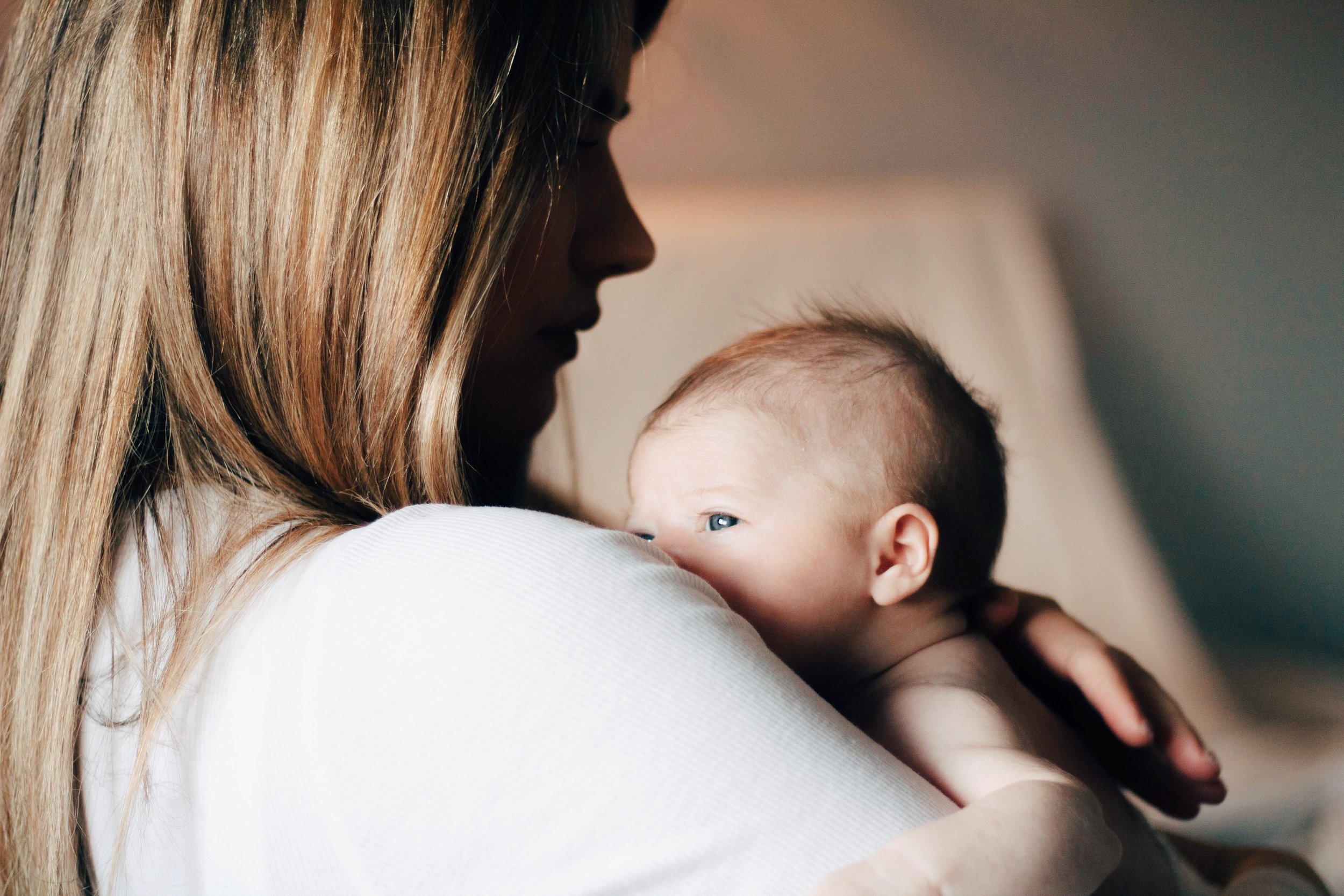
Specialized Mental Health Counseling & Care for Pregnancy and Postpartum Depression
Pregnancy Mental Health
Maybe your pregnancy journey is not how you envisioned.
You might be struggling with anxiety at every single ultrasound, lab draw, or phone call from the doctor’s office.
Maybe you have had previous trauma with other pregnancies, birth, or loss and can’t seem to allow yourself to feel excitement, joy, or hope with this pregnancy.
You might have “no reason” to feel stressed, but anxiety or depressive symptoms are happening NOW when you thought that was supposed to be a “postpartum problem”.
Maybe you are having trouble connecting with your baby during pregnancy and have feelings of guilt for not being “excited” all the time.
You might be feeling overwhelmed and depressed.
Seeing a therapist during pregnancy may be helpful to you if you have any of the following:
Struggling with different symptoms of pregnancy than you anticipated
Constantly worrying about something going wrong
A previous history of anxiety or depression
Suffered a previous loss/miscarriage
A previous traumatic birth, NICU, or postpartum issues
Wanting to establish trust with a professional who can be part of the support team postpartum IF needed (spoiler alert: counseling can be a protective factor for postpartum depression or anxiety disorders).
You want more support during one of the most life-altering times in your life.
Pregnancy is really freaking hard. Your mental health deserves to be a priority.
Postpartum Anxiety
So far, motherhood isn't what you expected.
Your mind is racing a million miles an hour worrying about everything.
Maybe your mind immediately goes to the worst case scenario(s). And then you plan accordingly to every. single. scenario. All in your mind.
Is my baby breathing?
What if my baby stops breathing when I'm asleep?
What if someone breaks into my house and steals my baby?
What if I never sleep?
What if this never ends?
What if…
The questions I just listed are just the tip of the iceberg with the worries probably going on in your mind.
Intrusive thoughts (really REALLY unwanted thoughts) are painful and difficult to get rid of.
Postpartum anxiety is not talked about in the general public enough and is a very serious issue that many mothers struggle with.
Symptoms of postpartum anxiety include:
Excessive worrying
Difficulty eating or sleeping
Irritability
Rage
Racing thoughts
Intrusive (unwanted) thoughts and fears about baby’s safety, health, etc
A feeling that something bad is going to happen
Physical symptoms such as increased heart rate, nausea, tightness in the chest, or difficulty breathing
Panic attacks
With therapy, it is possible to stop the anxiety spiral, manage your fear and irrational thoughts, and calm your mind and body so you can be present in the moments with your baby you want.
Postpartum Depression
You don’t feel like yourself. You haven’t felt like yourself in what seems like a really long time.
You’re exhausted, depleted of energy, and have constant feelings of guilt that you aren’t “enjoying” motherhood like other mothers seem to.
You might be struggling to bond with your baby.
You tell yourself you should be grateful for what you have but still struggle to find joy or peace in motherhood.
You might have new feelings of resentment and anger and rage you never had before.
Some common postpartum depression symptoms include:
Sadness
Irritability
Difficulty eating or sleeping
Feeling guilty
Feeling hopeless
Difficulty bonding with the baby
Thoughts of hurting the baby or self
Many mothers find that early support through pregnancy and postpartum counseling helps prevent more serious challenges from developing.
Whether you're in Mobile or Daphne, AL, taking this step toward mental wellness is an investment in both you and your baby's future. Let's work together to help you feel more confident, capable, and connected during this important time.
